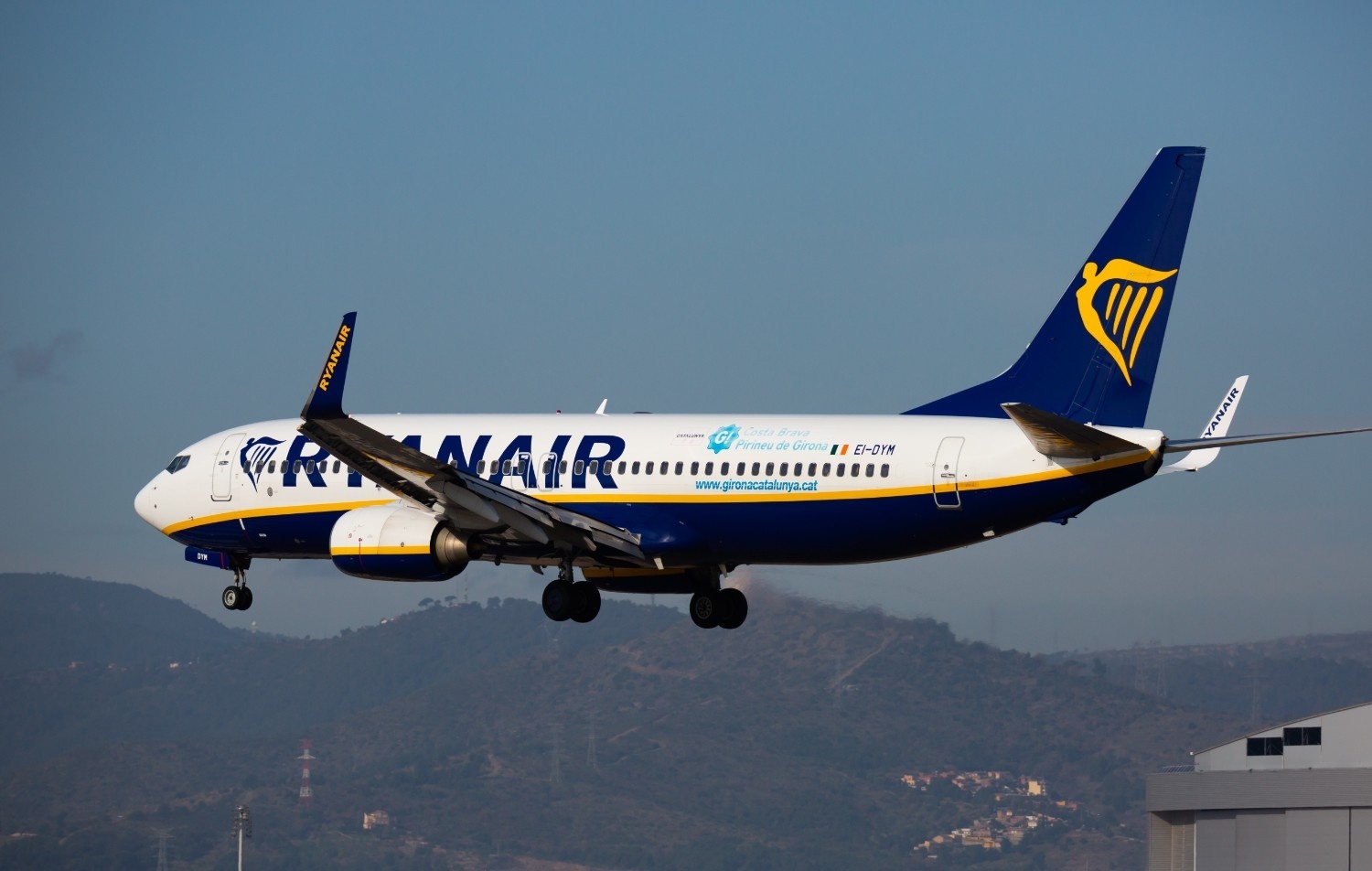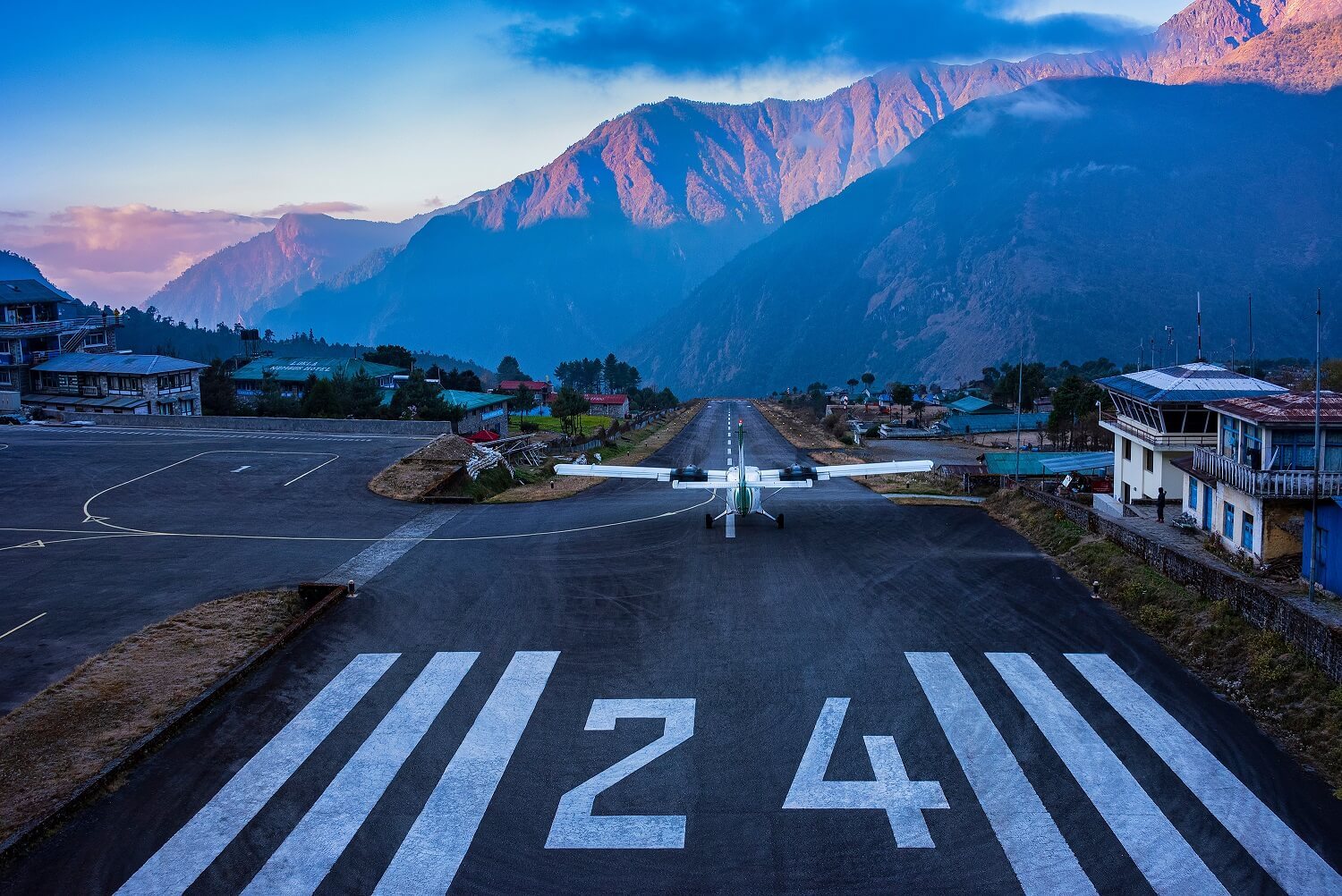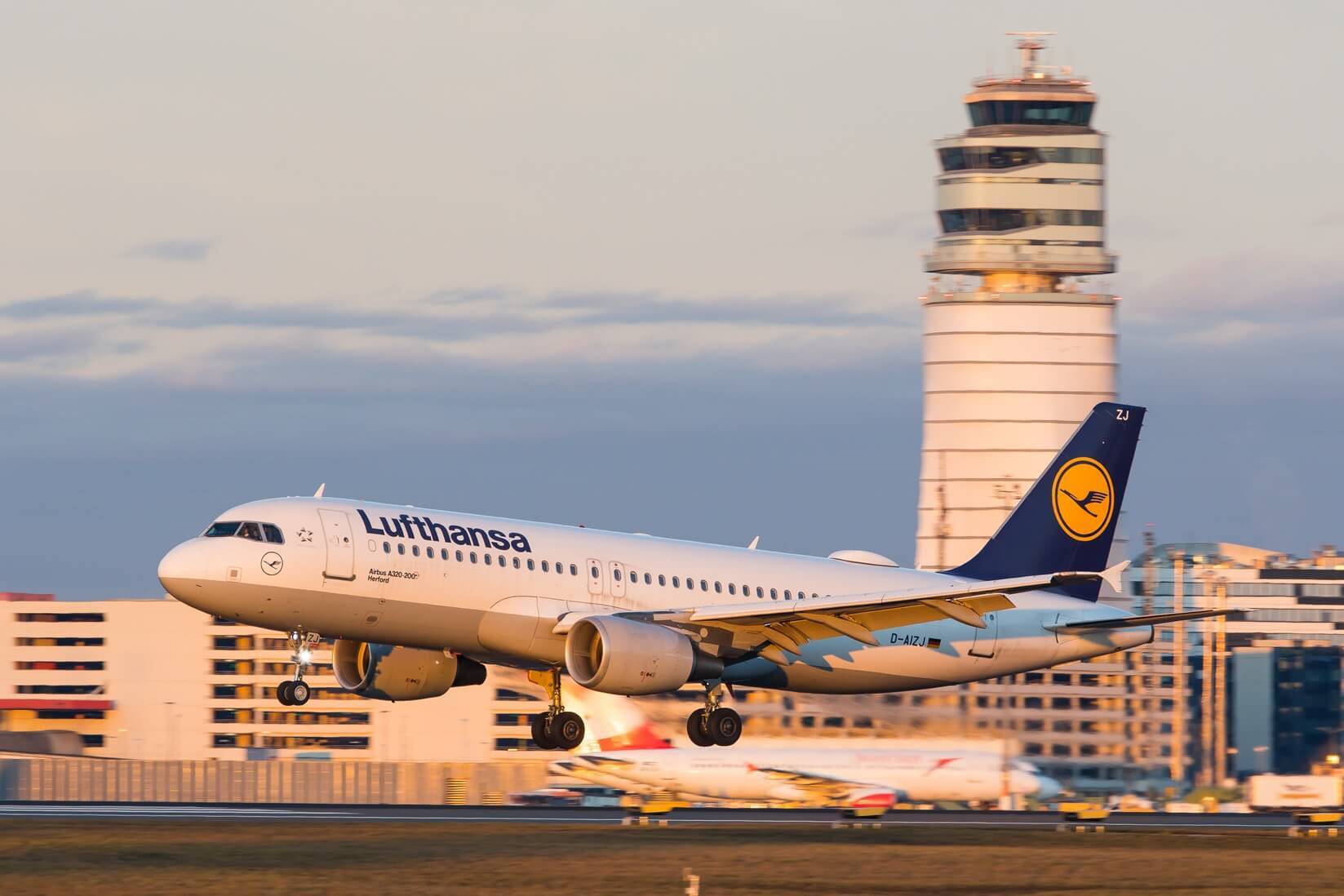Augmented reality to help pilots see through smoke

How do planes fly though smoke?
Flying through smoke poses challenges for pilots, and their ability to navigate in such conditions depends on several factors, including the density and visibility within the smoke. Here are some considerations:
Instrumentation and Avionics:
Pilots heavily rely on the aircraft's instrumentation and avionics systems, especially in reduced visibility conditions. Instruments such as altimeters, airspeed indicators, and navigation systems help maintain control and situational awareness.
Communication and Coordination:
Pilots communicate with air traffic control and other aircraft to share information about their location and intentions. This coordination is crucial, particularly when visibility is limited due to smoke.
Weather Radar:
Aircraft equipped with weather radar systems can detect the presence of smoke or other atmospheric particles. Pilots can use this information to navigate around areas with reduced visibility.
Autopilot Systems:
In some situations, pilots may use autopilot systems to help maintain a steady and controlled flight path. Autopilot can be especially useful when flying through challenging conditions, allowing pilots to focus on other aspects of navigation.
Flight Planning and Route Changes:
Flight crews and air traffic control may collaborate to adjust flight routes or altitudes to avoid areas with thick smoke. This proactive approach helps minimize the impact of reduced visibility on the flight.
Emergency Procedures:
Pilots are trained to handle various emergency situations, including those involving reduced visibility. Standard operating procedures and emergency checklists guide them in making decisions to ensure the safety of the flight and passengers.
Advanced Systems (e.g., Enhanced Vision Systems):
Some modern aircraft are equipped with advanced systems like Enhanced Vision Systems (EVS). EVS uses infrared sensors to provide real-time images of the external environment, enhancing visibility in challenging conditions.
It's important to note that flying through dense smoke can be hazardous, and pilots prioritize safety by adhering to established procedures, relying on their training, and making use of available technology to mitigate risks. In extreme cases, pilots may choose to divert or delay flights until conditions improve to ensure the safety of everyone on board.
The SAVED system
In a significant leap forward for aviation safety, L2 Aviation and Klatt Works, based in Texas and California, respectively, have jointly developed the Smoke Assured Vision Enhanced Display (SAVED) system. This cutting-edge technology seamlessly integrates a heads-up display with an oxygen mask, utilizing augmented reality to assist pilots in navigating smoke-filled cockpits.
The SAVED system, currently undergoing the certification process with the Federal Aviation Administration (FAA), represents a revolutionary advancement for pilot visibility and safety. This innovative oxygen mask features a built-in camera in its nose, capturing the pilot's perspective and displaying it on a heads-up display. The system overlays critical flight information and visual references, aiding crew members in landing the aircraft even in compromised visibility scenarios, such as smoke-filled cockpits.
The SAVED system is poised to make a substantial impact on aviation safety during emergency situations, ensuring pilots can navigate and land aircraft with confidence. The collaboration between L2 Aviation and Klatt Works marks a strategic partnership, with plans to extend certification across a diverse range of aircraft, including Boeing, Airbus, Gulfstream, and McDonnell Douglas models. The Memorandum of Understanding (MOU) announced on November 20 outlines the certification framework, with the STC certification process underway. The SAVED system's deployment signifies a remarkable milestone in enhancing flying safety, with comprehensive flight testing planned across various commercial, business, and military aircraft.
Latest posts
Ryanair goes paperless – What this means for your next flight
Ryanair ends paper boarding passes on Nov 12, 2025. Travelers must use the myRyanair app for check-in and boarding.
Flight delays and cancellations in August 2025
Check which flights were delayed in August 2025 – you may still be entitled to claim up to 600 € in compensation.
Flight delays and cancellations in July 2025
Check which flights were delayed in July 2025 – you may still be entitled to claim up to 600 € in compensation.












